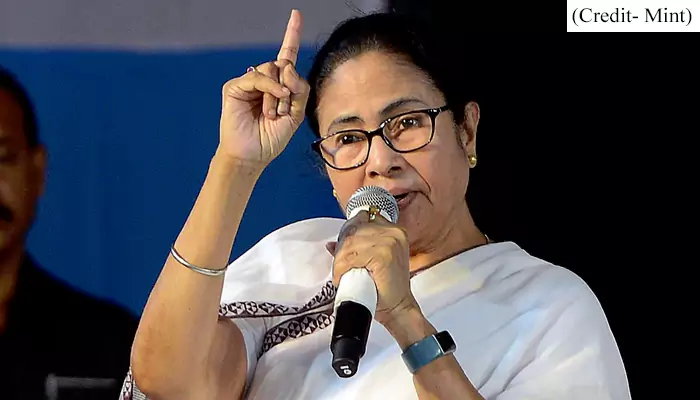.webp)
Women in Nigerian politics have long faced significant challenges, from cultural and societal barriers to structural inequalities within political institutions.
The landscape is gradually shifting as more Nigerian women break through these barriers and assert their presence in the political arena. The year 2024 marks a pivotal moment in this journey, with women increasingly taking up leadership roles and advocating for gender equality in governance. Here’s how women in Nigerian politics are breaking barriers in 2024.
1. Increased Representation and Participation
The 2024 political scene in Nigeria is witnessing a significant increase in women’s participation. This is a result of concerted efforts by civil society organisations, international bodies, and female politicians themselves to address the gender imbalance in political representation. More women are contesting for elective offices at local, state, and national levels, and a growing number of them are securing key political positions.
For instance, political parties are being urged to fulfil gender quotas and nominate more female candidates. This has led to a visible increase in the number of women on party tickets, especially in urban centres where advocacy for gender equality is stronger. Additionally, there are more women serving as political appointees, advisors, and ministers, which is helping to shift perceptions and normalise women’s leadership in politics.
2. Overcoming Cultural and Societal Barriers
Cultural and societal expectations have traditionally placed women in domestic roles, often sidelining them from leadership positions. However, women in 2024 are increasingly challenging these stereotypes. Through education, activism, and social media, Nigerian women are redefining their roles and demonstrating that leadership is not gender-specific.
Organisations like Women in Politics Forum (WIPF) and the African Women Leaders Network (AWLN) have played crucial roles in empowering women to overcome these barriers. By providing training, mentorship, and platforms for women to express their political ambitions, these organisations are helping to break down the cultural norms that have historically excluded women from politics.

3. Leveraging Digital Platforms for Advocacy
Digital platforms have become powerful tools for women in Nigerian politics, providing a space for advocacy, mobilisation, and visibility. Social media platforms are being used by female politicians and activists to engage with the public, discuss policy issues, and build support networks. These platforms allow women to bypass traditional gatekeepers and connect directly with voters, particularly the youth, who are more receptive to digital engagement.
In 2024, we see women-led online campaigns addressing issues such as gender-based violence, economic empowerment, and political inclusion. These campaigns are not only raising awareness but also pressuring political parties and the government to implement policies that promote gender equality.
4. Policy Advocacy and Legislative Gains
Women in Nigerian politics are increasingly involved in policy advocacy, pushing for legislative reforms that promote gender equality. In 2024, significant strides are being made in passing laws that protect women’s rights, such as the Gender and Equal Opportunities Bill, which seeks to eliminate gender discrimination in all sectors.
Female politicians are also advocating for better healthcare, education, and economic policies that directly benefit women and children. Their involvement in policy making is crucial for ensuring that the needs and concerns of women are adequately represented in government decisions.

5. Building Alliances and Networks
Collaboration and networking have been essential in breaking barriers for women in Nigerian politics. Women are forming alliances across party lines, working together to support female candidates and push for gender-sensitive policies. These networks provide solidarity, resources, and a collective voice that amplifies the impact of individual efforts.
Initiatives like the Nigerian Women Trust Fund (NWTF) offer financial and technical support to female candidates, helping them overcome the significant financial barriers to running for office. These alliances and networks are instrumental in sustaining the momentum for greater female participation in politics.
The year 2024 marks a significant chapter in the journey of Nigerian women in politics. Through increased participation, overcoming cultural barriers, leveraging digital platforms, advocating for policy changes, and building strong networks, women are breaking the glass ceiling and reshaping the political landscape. While challenges remain, the progress made so far is a testament to the resilience and determination of Nigerian women to assert their rightful place in the country’s governance. As more women rise to leadership roles, they not only enhance gender equality but also contribute to a more inclusive and representative political system in Nigeria.












